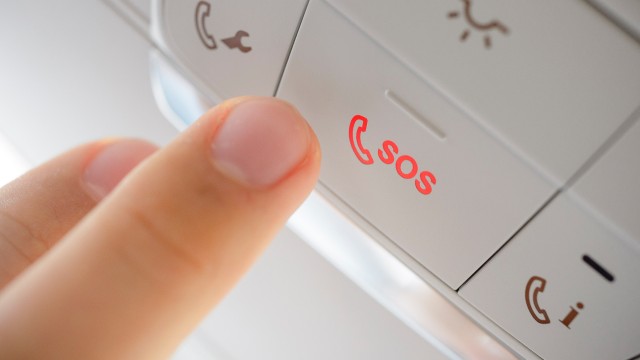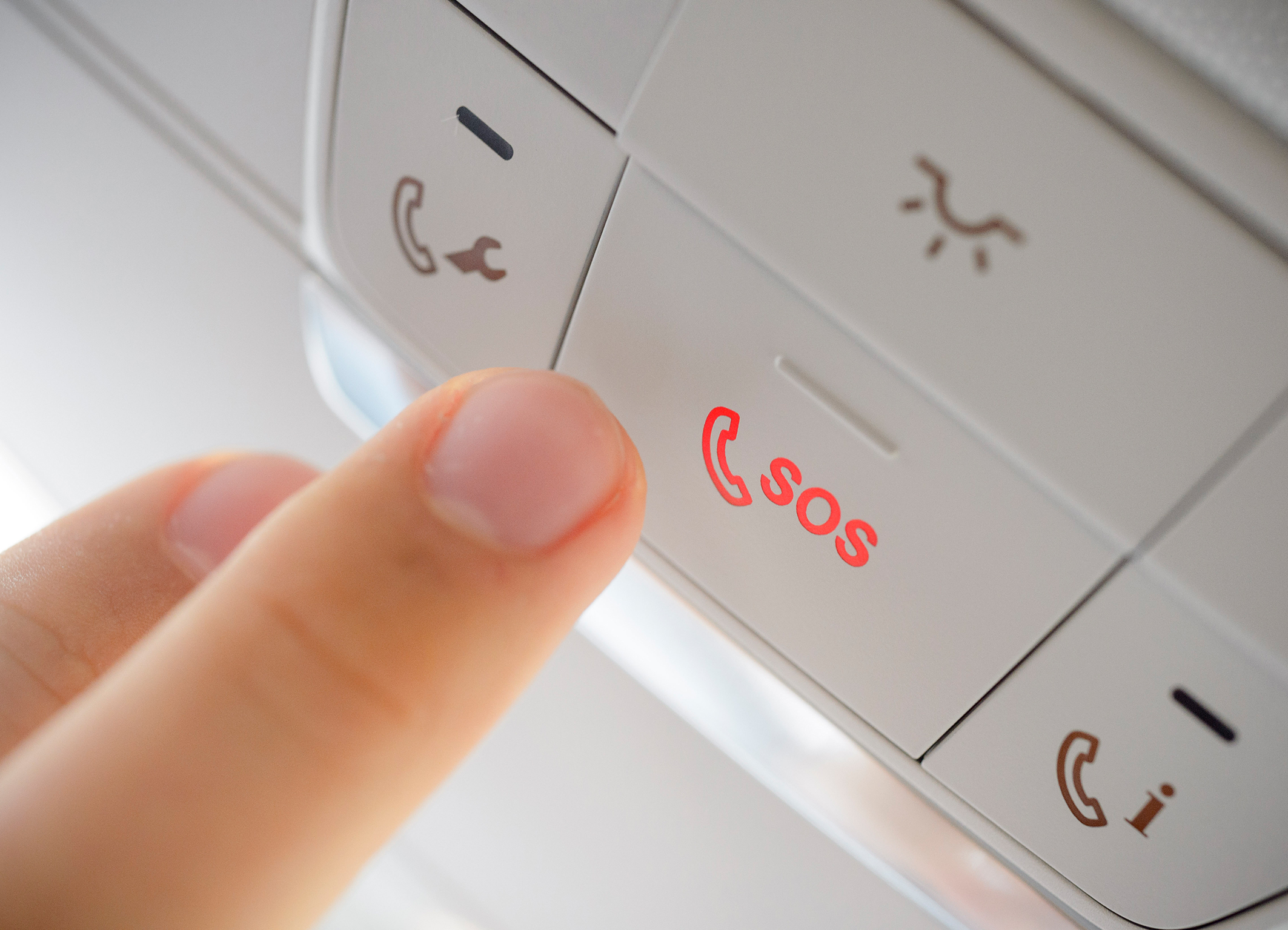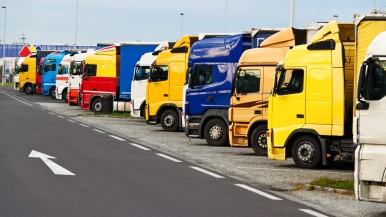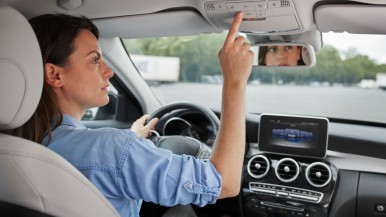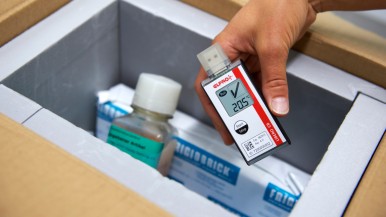Frankfurt am Main - Under EU regulations, the eCall automated emergency call system has been mandatory in newly registered vehicle series since March 31, 2018. This is a topic that has been on the agenda for car manufacturers for some time. However, new types of networked mobility services are becoming more and more common as networked vehicles continue to develop, and are also highly relevant for insurance companies. By no means all automobile insurers have yet investigated the extent to which an emergency call service could be a suitable option for their own product portfolio. "This may be due to a large extent to the following five common misconceptions about the emergency call system, which we frequently encounter in practice," explains Stefan Gross, Head of Mobility Services at Bosch Service Solutions GmbH.
Contact for readers:
Regina Haberkorn
Phone +49 69 7562-1769
E-mail: Regina.Haberkorn@de.bosch.com
Press contact:
Möller Horcher Public Relations GmbH
Marco Hübner
Phone +49 69-809096-53
E-mail: marco.hübner@moeller-horcher.de
Further information is available in the free whitepaper for insurance providers:
Bosch Service Solutions is a leading global supplier of Business Process Outsourcing for complex business processes and services. Using the latest technology and the Internet of Things, the Bosch division develops integrated and innovative service solutions in the areas of Mobility, Monitoring, and Customer Experience. Around 10,000 associates at 36 locations support national and international customers in around 40 languages, primarily from the automotive, travel and logistics sectors as well as information and communication technology.
Additional information is available online at www.boschservicesolutions.com
The Bosch Group is a leading global supplier of technology and services. It employs roughly 412,000 associates worldwide (as of December 31, 2025). According to preliminary figures, the company generated sales of 91 billion euros in 2025. Its operations are divided into four business sectors: Mobility, Industrial Technology, Consumer Goods, and Energy and Building Technology. With its business activities, the company aims to use technology to help shape universal trends such as automation, electrification, digitalization, connectivity, and an orientation to sustainability. In this context, Bosch’s broad diversification across regions and industries strengthens its innovativeness and robustness. Bosch uses its proven expertise in sensor technology, software, and services to offer customers cross-domain solutions from a single source. It also applies its expertise in connectivity and artificial intelligence in order to develop and manufacture user-friendly, sustainable products. With technology that is “Invented for life,” Bosch wants to help improve quality of life and conserve natural resources. The Bosch Group comprises Robert Bosch GmbH and its roughly 490 subsidiary and regional companies in over 60 countries. Including sales and service partners, Bosch’s global manufacturing, engineering, and sales network covers nearly every country in the world. Bosch’s innovative strength is key to the company’s further development. At 136 locations across the globe, Bosch employs some 82,000 associates in research and development.
Additional information is available online at www.bosch.com, www.bosch-press.com.
